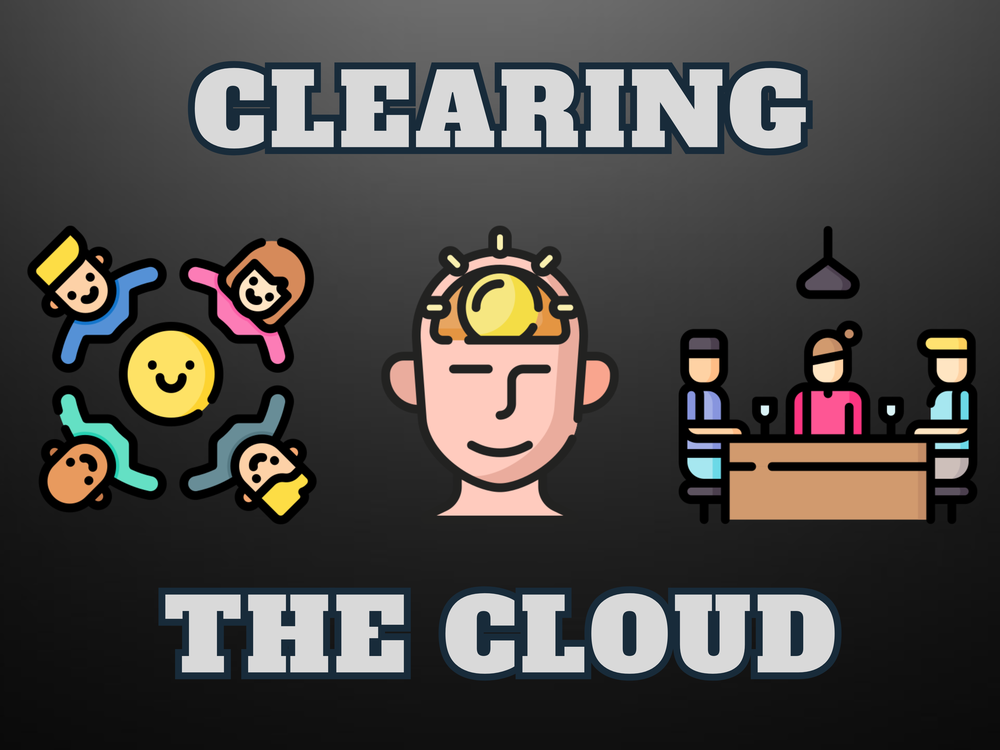
Introduction
Depression is an ever increasing issue in our modern world. According to the WHO, an estimated 280 million people worldwide suffer from depression, or 3.8% of the population. 4% of adult men and 6% of adult women are depressed, as well as nearly 10% of current or recently pregnant women.

Depression has many symptoms, causes, and possible fixes. It can display differently in everyone, and can be resolved in a multitude of way.
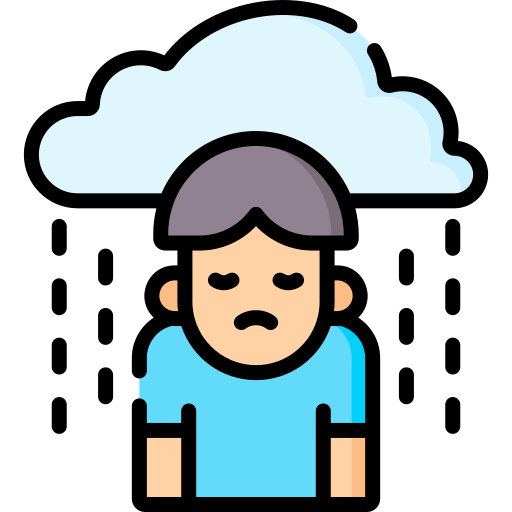
If this seems like a topic that's outside of my wheelhouse, then you'd be correct. I'm not going to I attempt to relate, but what I will do is break down some common symptoms and causes, and ways to clear the cloud.
.png)
Symptoms of Depression
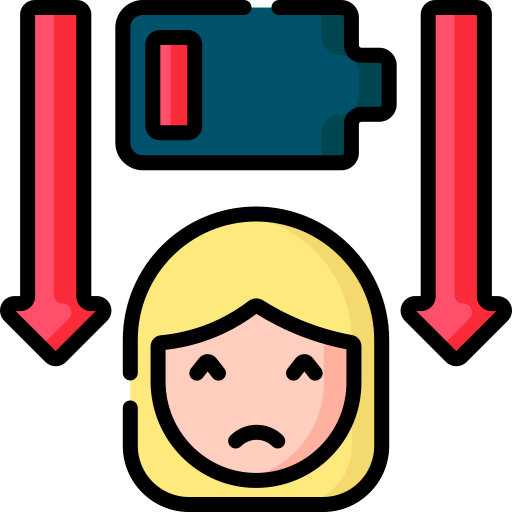
On Diet and Depression
Our modern food supply is a toxic soup of ultra processed junk. Not only does chronic consumption of this lead to poor physical health, but it very well may be causing your poor mental health.
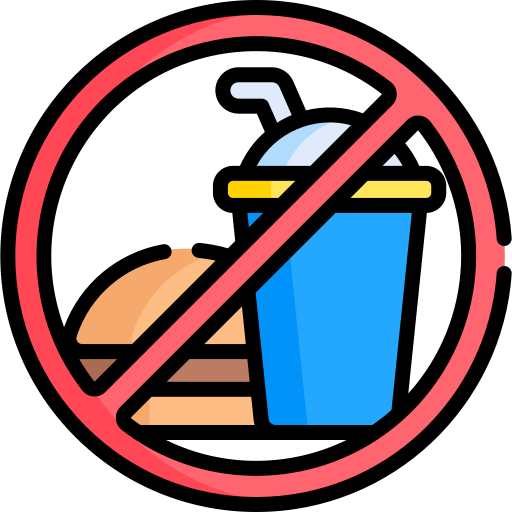
I'm not saying that all cases of depression can be simply fixed with a whole foods, minimally processed diet. But what I am saying is that finding any way to reduce inflammation will treat the root cause instead of masking the symptoms.

Prioritizing self care, such as a healthy diet, sleep, and exercise, has been shown to be just as, if not more, effective at treating depression, and anxiety, and other mental health conditions as the leading pharmaceuticals.

Prioritizing intake of fruits, vegetables, nuts, seeds, lean meats and fish, eggs, beans, and other nutrients dense whole foods is vital for optimal mental health as well as physical health. In contrast, diets high in refined sugar and other simple carbohydrates, ultra processed foods, and highly refined fats have been linked to higher rates of mental illness.

What About Exercise?
Exercise is fantastic for treating just about anything; depression included. Think about it, have you ever regretted working out, barring an injury? I don't know about you, but I always feel better both mentally and physically after the gym, especially the days when I really didn't want to go.
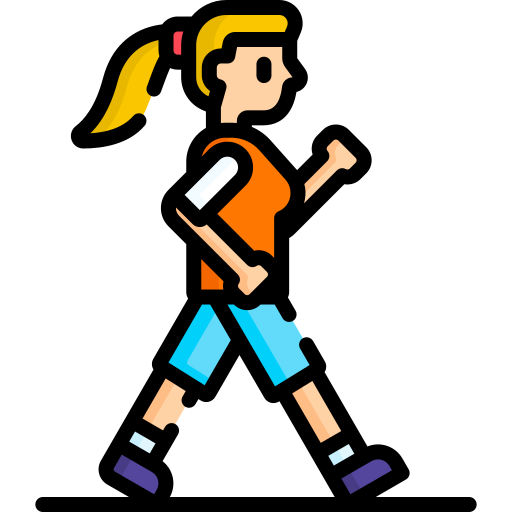
Exercise releases endorphins and clears your mind, in addition to stimulating metabolism and aiding in fat loss and muscle growth. There's a wide variety of way to get yourself moving, like going for a walk, lifting weights, doing yoga, or playing a sport.

Most people think they don't have enough energy to exercise, not realizing that exercise gives you energy. Structuring your life around daily exercise, such as resistance training, cardio, walking, and exercise snacking, will have profound benefits for your overall wellbeing.

The Community Aspect
Possibly most important piece is having connections to others. Friends, family, whatever, it doesn't matter. Having people you can relate to, speak with, and participate in activities with is essential for your mental health. Life isn't an independent venture.
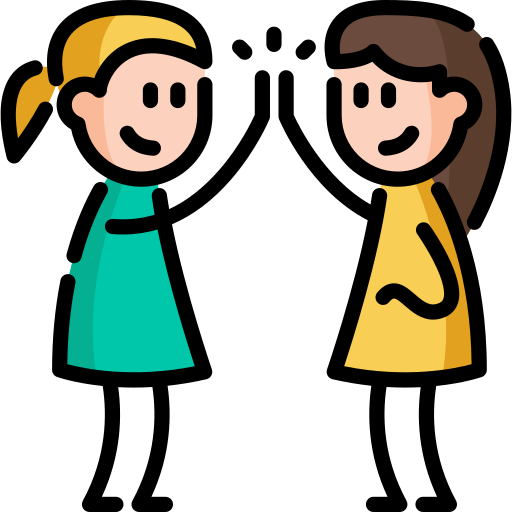
In one of the longest running studies, being conducted since 1938, it's been shown that one of the greatest signs for a long and healthy life isn't some blood test, diet, exercise program, weight range, or genetics. It was having healthy relationships with people in our lives.

Loneliness is as dangerous for you as cigarette smoking or alcohol addiction. It's so much more to experience symptoms of depression when you're going about life alone.

A major cause of mental anxiety, particularly in our modern environments, is this disconnection we have with everyone. We hardly need to go out and see anyone. People are constantly staring into the bad news flashlight, impacting everything from their mental health to their sleep quality.
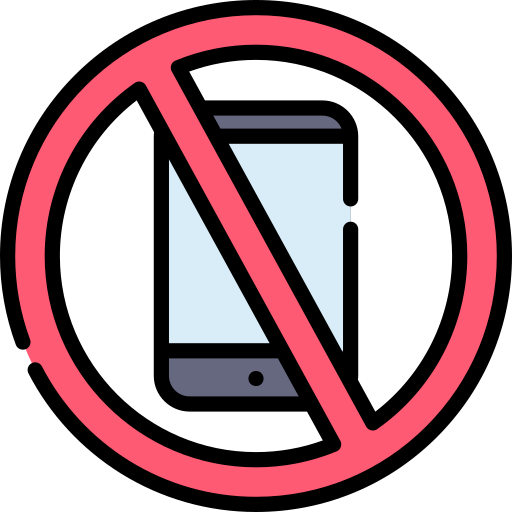
This constant stream of bad news, lack of community, and increased social media is a major driver in the modern epidemic of mental illness crisis we experience today.
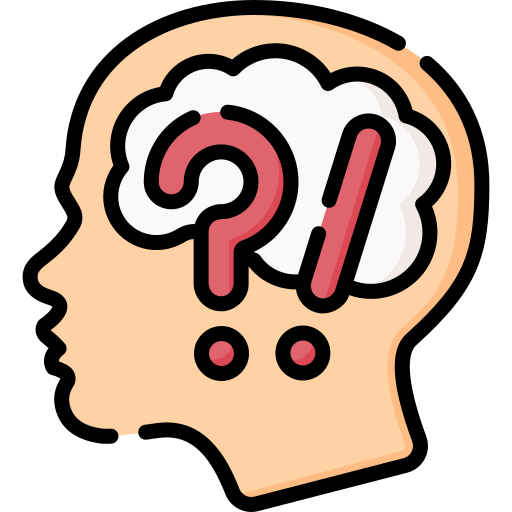
The Downward Cycle
Depression can often be a chicken or the egg situation. It can be hard to tell which one came first. Is it a poor diet or lack of exercise causing you to feel depressed, or is your depression making you lack motivation to take care of your health?

Either way, this leads to a downward cycle that's very hard to break. When you have little motivation, it's hard to get yourself to make a healthy home cooked meal, or drive to the gym. The last thing you want to do when you're feeling depressed is to go out and see people.

It's much easier to lay on the couch eating DoorDash while doom scrolling through the latest bad news. This then further fuels the depressive symptoms, and the cycle continues.

Breaking the Habit
So how do we break this cycle? First of all, it's important to highlight that I am not a doctor. First and foremost, you should speak to someone, whether that be a family member, friend, or therapist.

But there are some crucial steps that anyone could and should be taking, whether they believe they are suffering from a mental disorder or not.

Diet

Exercise
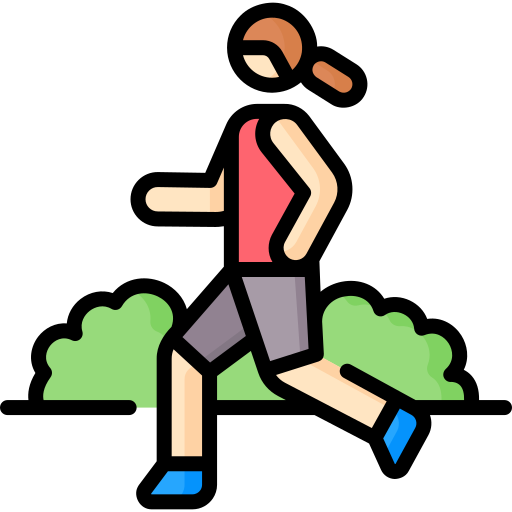
Community

Other

Sources
Depression is an ever increasing issue in our modern world. According to the WHO, an estimated 280 million people worldwide suffer from depression, or 3.8% of the population. 4% of adult men and 6% of adult women are depressed, as well as nearly 10% of current or recently pregnant women.

Depression has many symptoms, causes, and possible fixes. It can display differently in everyone, and can be resolved in a multitude of way.

If this seems like a topic that's outside of my wheelhouse, then you'd be correct. I'm not going to I attempt to relate, but what I will do is break down some common symptoms and causes, and ways to clear the cloud.
.png)
Symptoms of Depression
- Poor concentration
- Feelings of guilt
- Low self worth
- Hopelessness
- Disrupted sleep
- Weight loss or gain
- Addiction
- Low energy

On Diet and Depression
Our modern food supply is a toxic soup of ultra processed junk. Not only does chronic consumption of this lead to poor physical health, but it very well may be causing your poor mental health.

I'm not saying that all cases of depression can be simply fixed with a whole foods, minimally processed diet. But what I am saying is that finding any way to reduce inflammation will treat the root cause instead of masking the symptoms.

Prioritizing self care, such as a healthy diet, sleep, and exercise, has been shown to be just as, if not more, effective at treating depression, and anxiety, and other mental health conditions as the leading pharmaceuticals.

Prioritizing intake of fruits, vegetables, nuts, seeds, lean meats and fish, eggs, beans, and other nutrients dense whole foods is vital for optimal mental health as well as physical health. In contrast, diets high in refined sugar and other simple carbohydrates, ultra processed foods, and highly refined fats have been linked to higher rates of mental illness.

What About Exercise?
Exercise is fantastic for treating just about anything; depression included. Think about it, have you ever regretted working out, barring an injury? I don't know about you, but I always feel better both mentally and physically after the gym, especially the days when I really didn't want to go.

Exercise releases endorphins and clears your mind, in addition to stimulating metabolism and aiding in fat loss and muscle growth. There's a wide variety of way to get yourself moving, like going for a walk, lifting weights, doing yoga, or playing a sport.

Most people think they don't have enough energy to exercise, not realizing that exercise gives you energy. Structuring your life around daily exercise, such as resistance training, cardio, walking, and exercise snacking, will have profound benefits for your overall wellbeing.

The Community Aspect
Possibly most important piece is having connections to others. Friends, family, whatever, it doesn't matter. Having people you can relate to, speak with, and participate in activities with is essential for your mental health. Life isn't an independent venture.

In one of the longest running studies, being conducted since 1938, it's been shown that one of the greatest signs for a long and healthy life isn't some blood test, diet, exercise program, weight range, or genetics. It was having healthy relationships with people in our lives.

Loneliness is as dangerous for you as cigarette smoking or alcohol addiction. It's so much more to experience symptoms of depression when you're going about life alone.

A major cause of mental anxiety, particularly in our modern environments, is this disconnection we have with everyone. We hardly need to go out and see anyone. People are constantly staring into the bad news flashlight, impacting everything from their mental health to their sleep quality.

This constant stream of bad news, lack of community, and increased social media is a major driver in the modern epidemic of mental illness crisis we experience today.

The Downward Cycle
Depression can often be a chicken or the egg situation. It can be hard to tell which one came first. Is it a poor diet or lack of exercise causing you to feel depressed, or is your depression making you lack motivation to take care of your health?

Either way, this leads to a downward cycle that's very hard to break. When you have little motivation, it's hard to get yourself to make a healthy home cooked meal, or drive to the gym. The last thing you want to do when you're feeling depressed is to go out and see people.

It's much easier to lay on the couch eating DoorDash while doom scrolling through the latest bad news. This then further fuels the depressive symptoms, and the cycle continues.

Breaking the Habit
So how do we break this cycle? First of all, it's important to highlight that I am not a doctor. First and foremost, you should speak to someone, whether that be a family member, friend, or therapist.

But there are some crucial steps that anyone could and should be taking, whether they believe they are suffering from a mental disorder or not.

Diet
- Prioritize a nutrient dense, whole foods diet
- Minimize consumption of added sugars and refined starches
- Reduce alcohol and caffeine consumption
- Eliminate ultra processed foods
- Fill your plate with lots of colorful fruits and vegetables
- Eat only whole grains over refined grains
- Occasional indulgence in "fun" foods is okay
- Eat out less often, and cook more at home
- Travel with healthy snacks, such as nuts and fruit
- Eat plenty of protein, fiber, and healthy fats

Exercise
- Have dedicated exercise most days of the week
- Alternate between strength and cardio training, with an off day built in weekly
- Build movement into your day, such as going for walks before or after meals
- Do yoga to calm your mind and stretch your muscles
- If you work from home, get a standing desk and walking pan instead of sitting in one place all day
- Elevators are for luggage and handicapped people; take the stairs

Community
- Reach out to your friends and family
- Join a sport or attend fitness classes. This doubles as exercise and meeting people
- Invite people over for dinner. This doubles in socializing and prioritizing diet
- Stay in touch with old friends and relatives
- Pick up a new hobby, especially ones involving other people

Other
- Consider a vitamin D or B12 supplement, or at least get your levels tested
- Wake up and go to bed at the same time every day - weekends included
- Reduce screen time and social media use
- Read more books
- Limit exposure to environmental toxins
- Get sunlight, especially in the morning
- Practice good sleep hygiene
- Take a vacation if possible to relieve stress
- Practice breathing exercises
- Find your sense of purpose

Sources